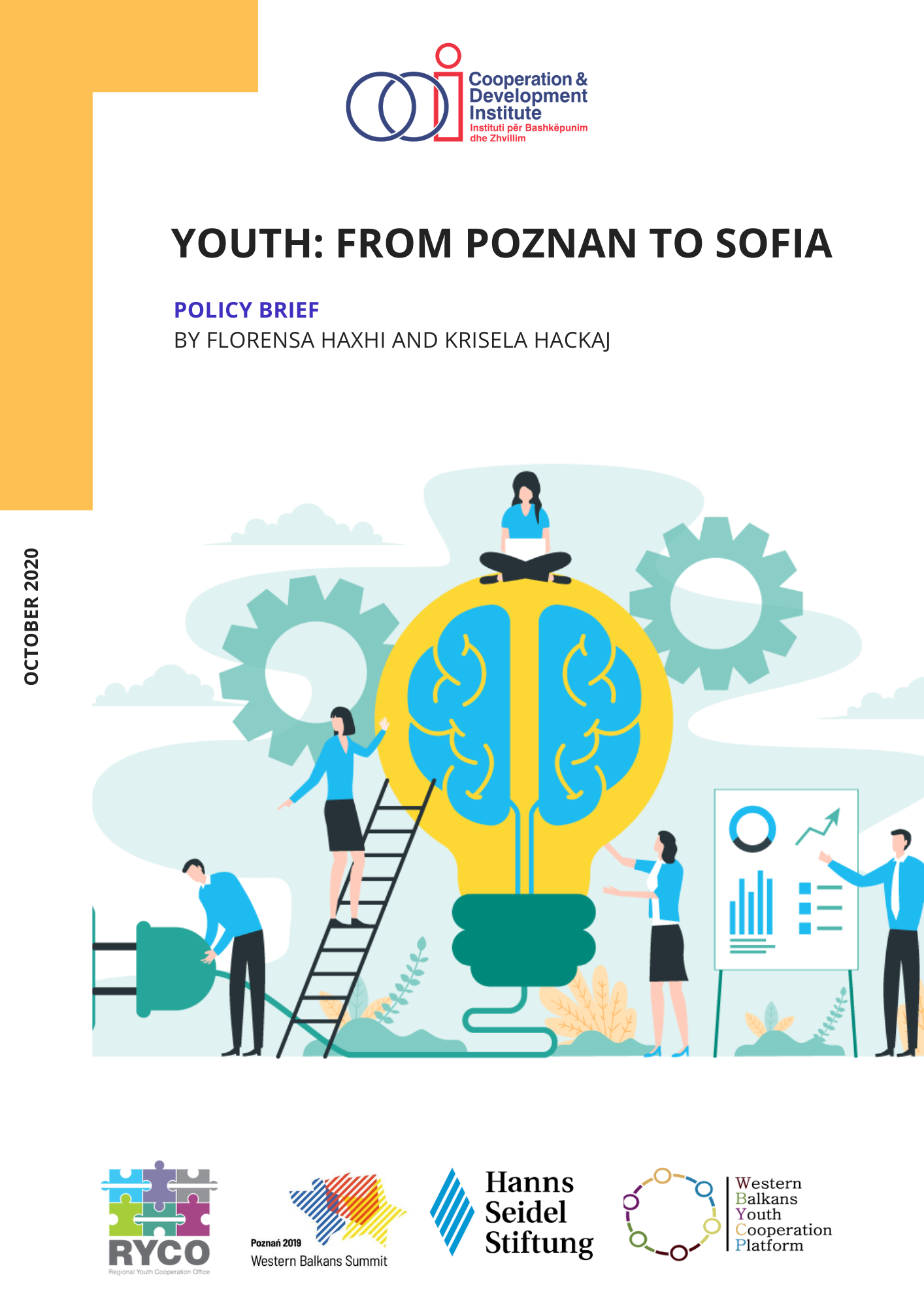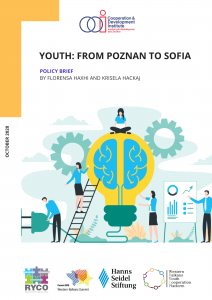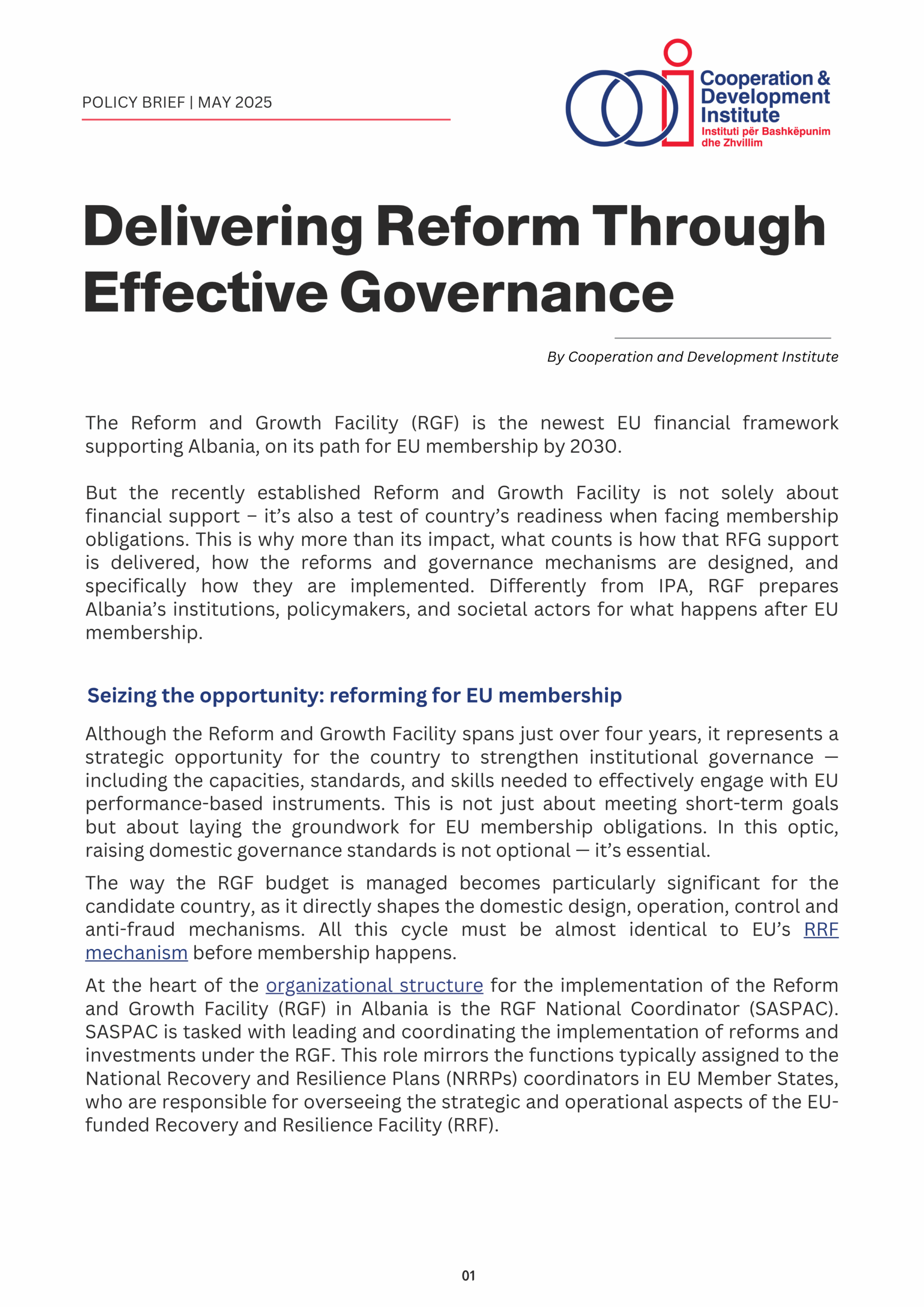YOUTH: FROM POZNAN TO SOFIA

CDI Internship Programme 2020
November 2, 2020
Online Seminar “Takeaways from Sofia Summit on Growth, Sustainability and Resilience in SEE6”
November 24, 2020During the long transition period many initiatives have been taking place in the Western Balkans region to promote youth empowerment, employment, the development of skills, entrepreneurship culture, etc. A recent regional study confirmed that young people in the WB6 countries face lack of access to quality education and employment. And because actual and potential emigration rate of youth from the WB6 continues to be very high, both education and employability remain key targets of the development and youth policies.
Through their declarations and commitments, EC and WB6 leaders have recognized the potential of this segment of the population in the economic development of the region as a whole, and more and more programmes and measures have become structurally included in the Regional Action Plans. But although acknowledging this situation, WB6 policymakers are either are unclear on what to do about it, or lack the means to tackle it.
This policy brief aims at to explore where does youth stands in the WB6 policy making agenda. A special focus will be on the positive momentum brought by the Berlin Process initiative.
It presents a set of recommendations for the upcoming Sofia Summit, that could better and more efficiently contribute to improved policy-making in youth areas, particularly with focus on digital skills as an important key development driver for future youth education and employment.
Tags: Western Balkans, Berlin Process , Youth, Education, Employment





National Parliament and the Reform Agenda 2024-2027
Read more